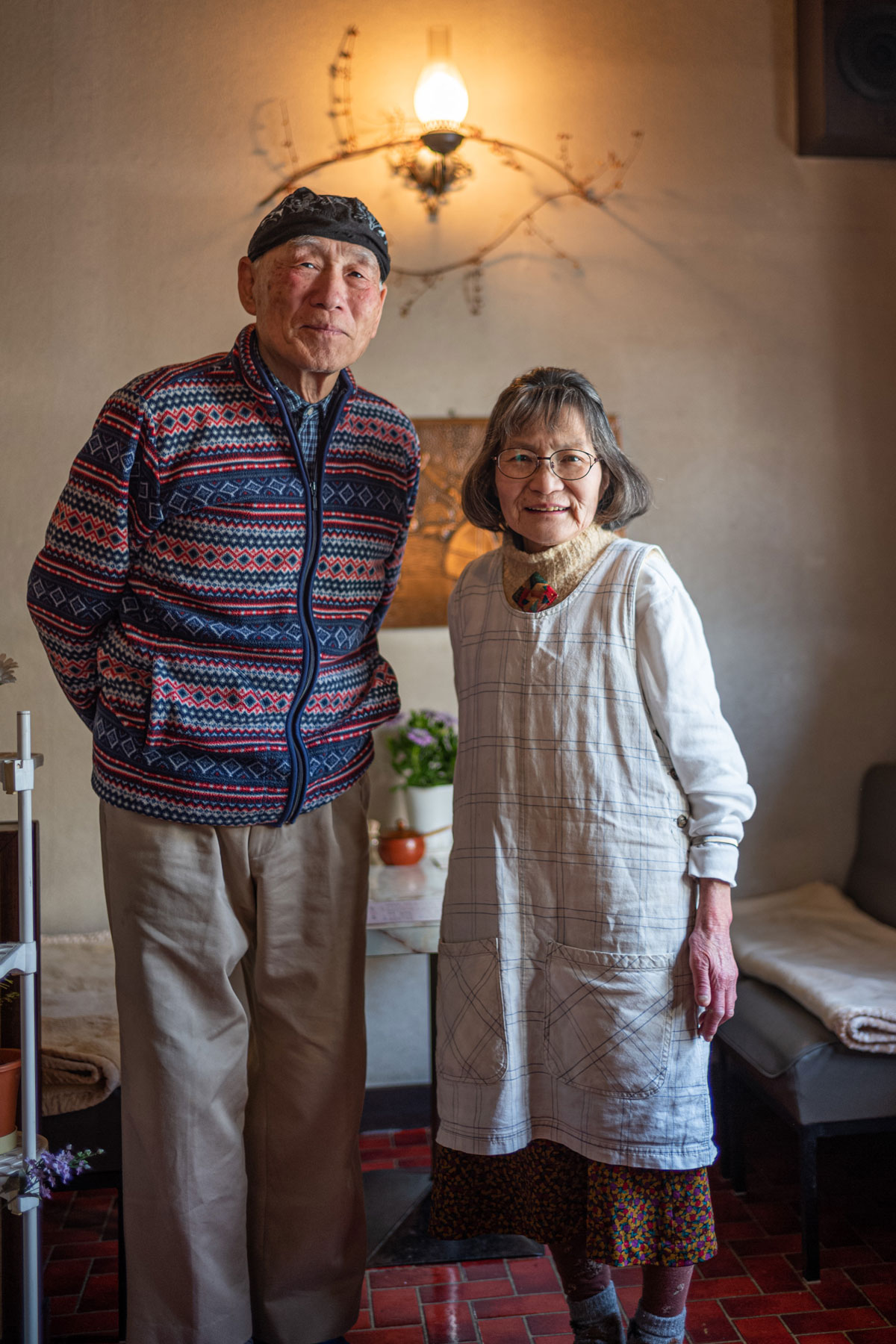![Header image for Death and Not Death Along the Kiso-ji [Part 2]](/ridgeline/images/161/161.jpg)
Many have died since the last time I walked the Kiso-ji. I mean, this is obvious and folks are dying everywhere all the time, but I’m talking about people running places along the road and sometimes the places themselves.
Until last month, I hadn’t been to the Kiso Valley since my 2019 Nakasendō walk, the first SPECIAL PROJECTS walk, the SMS walk. An important walk, really. Back then, I plowed through the valley en route to Kyoto. But my book Kissa by Kissa ends with me coming upon a little kissa in Kiso-Fukushima called Kumata. Together, the little husband and little-er wife and I had a great morning with many laughs. They made me a terrible pizza. They were in their 80s. They skied a lot. In early March I stayed just across the street from Kumata. (At an inn I can’t really recommend.) 1 They were closed but looked like they were still in operation (well-kept, signs in the window, etc). Timing just didn’t work out. Then, a few weeks ago I stayed across the street at another inn, one I can recommend: Iwaya. Iwaya had recently suffered death. The husband passed last year. Now, slightly understaffed, the inn continues. For those of you more adventurous, ask to stay in the “kura” — a self-contained two-story structure in the back of the inn that offers great privacy. The shared baths are on the top floor of the main building and look out over the valley.

The Iwaya okami-san is a chest-high puff of short white hair. She bows and bows and forgets to order your taxi and forgets all sorts of other things, but her heart pulses around her like a protective bubble, making all that she comes near more wonderful. I asked her about Kumata — still open? Yes, she said, still open, but the husband died last year, now it’s just the wife.
Husbands are often the first to go, much to relief of the wives who now, it is often said, finally feel free. (Husbands, the great burdens of many lives!)
But Kumata timing once again didn’t quite work out on this trip either. The kissa opened just a bit too late. I was walking with olive oil tycoons Robin Sloan and Katheryn Tomajan and we had a long day in front of us. I wanted to stick my nose in and say hello to Mrs. Kumata. But also knew a quick hello would be impossible, and didn’t have the hour or more required to really say hello. An aborted hello is worse than no hello at all.
So I’m left thinking of Mrs. Kumata and her large, strong hands, and tiny torso. I’m left wondering how she works behind the tall counter, a counter much taller than she. I wonder if she has help, has hired staff. She probably owns the building, many do. This is how they operate — without rent, with ownership, it turns out small businesses can operate indefinitely, thrive even. Radical ideas.
Further back towards Shiojiri (delightfully, “Salt Butt”) there was once a place called Alps. Also, now, gone, as far as I can tell. In it sat the surly tomato farmers and the even surlier female boss. Boy, she could turn Michael J. Fox into a pillar of salt. I ate the worst ramen of my life there. But had fun talking with everyone, and they photographed well. Now gone, possibly dead, all of them. But dead by what? Who knows, any kind of death would not be improbable.
C
-
What makes an inn more or less recommendable? I find they have to be either a) very local, very family-run, or b) huge and garish; it’s the odd in-between places, places that feel run by a company, but are family-run small-sized that feel somehow off, somehow disingenuous? This gap manifests in rigid formalities that don’t make sense. There are of course formalities at any inn, but a well-run inn by a great family will often wink amidst the rules. The wink, it turns out, is everything. All other actions orbit the perfectly-executed wink. It’s that lack of wink that feels so false, and what makes replicating a great Japanese inn experience so difficult — you can copy the moves but the wink only comes with generations of work. ↩︎
